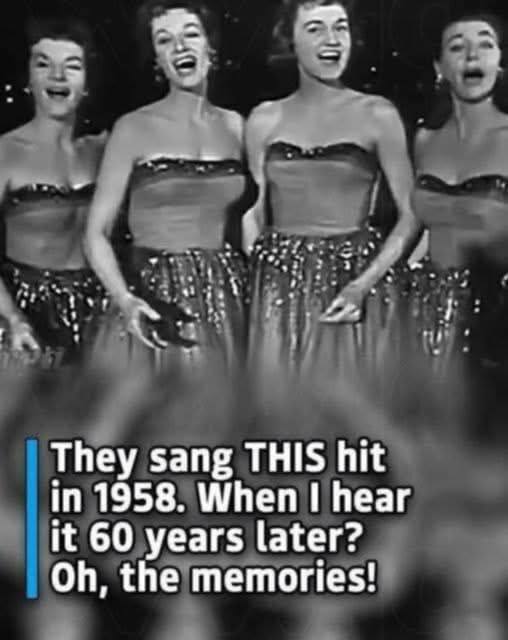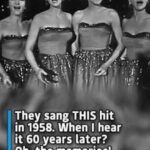Every Saturday, a huge biker covered in tattoos walked into a McDonald’s, always ordering two Happy Meals, always sitting at the same booth. At exactly noon, a little girl would arrive and run straight into his arms, calling him “Uncle Bear.”
To most customers, the picture looked wrong. The man was tall, scarred, leather-clad, and intimidating. Parents whispered, the manager grew nervous, and finally one weekend the police were called.
When three officers entered, the restaurant fell into silence. The little girl, Lily, spotted them first. Her face drained of color. Clutching the biker’s arm, she whispered, “Are they taking you away too? Like they took Daddy?”
The biker, known as Bear, bent down and reassured her softly, “No one’s taking me anywhere, sweetheart. We haven’t done anything wrong.”
But his eyes were trained, scanning the officers’ movements. Two decades in the Marines and years riding with the Nomad Warriors had taught him to prepare for anything.
The lead officer stepped forward. “Sir, we’ve had some concerns—”
“I’ve got paperwork,” Bear said calmly, pulling a laminated document from his wallet. He handed it over without sudden moves.
What was written on that paper explained everything. Why a tough-looking biker and a seven-year-old girl met here every Saturday. Why she called him Uncle Bear. Why nothing would stop these meetings.
The officer read it carefully. His expression shifted. “You served with her father?”
Bear nodded. “Three tours together in Afghanistan. He saved me, I saved him. He made me promise, and I don’t break promises.”
The officer’s voice softened. “Her father… he died?”
Bear shook his head. “Would’ve been easier. He came back broken—PTSD, brain injury. His wife left. Took Lily. Then he hit rock bottom. Robbed a bank with an unloaded gun, just so he’d be taken away. Fifteen years in prison. Before he went in, he begged me to be there for her. To make sure she knew her dad loved her.”
The court had granted Bear visitation rights. The mother’s new husband didn’t want reminders of the past, so the only place she’d allow was McDonald’s. Two hours, every Saturday.
Bear pulled out photos—combat gear in Afghanistan, hospital beds, prison visits, wedding pictures where he was best man. Proof that his bond with Lily’s father went beyond blood.
“Every week I tell her about her dad as a hero,” Bear said. “Not as the broken man her mom wants to erase.”
Lily piped up with a smile. “Uncle Bear was there when I was born. Daddy said he cried like a baby.”
The restaurant, which had been silent with suspicion moments before, now listened with stunned respect.
Bear stood up, towering over the room. “You want to know what’s dangerous?” His voice was steady but fierce. “It’s not a veteran eating lunch with his niece. It’s a society that judges people by tattoos and scars, instead of by their actions.”
He pointed to his vest patches—Purple Heart, Bronze Star, and a pink one stitched by Lily that read Best Uncle. “This one’s worth more than all the others,” he said.
One elderly veteran in the crowd spoke up. “I’ve seen him here. He reads to her, helps with homework. That’s not danger. That’s love.”
The cashier mentioned his kindness. A mother admitted how carefully he watched over Lily. Even the janitor recalled seeing Bear cry in his truck after dropping her off.
The officers apologized, recognizing the truth. But Bear, protective of Lily, wasn’t quick to forgive. “Now everyone knows her father’s in prison. Her mother remarried. Things no seven-year-old should have to hear in public. All because people judged me on looks.”
He held Lily close as she whispered, “But you’re not scary. You’re safe.”
The next Saturday, Bear braced for more trouble. Instead, when he walked in, the restaurant erupted in applause. Veterans from every generation filled the booths, showing solidarity. The same people who once doubted him now offered support.
And when Lily asked why everyone was being kind, Bear smiled. “Because now they see what’s inside.”
From that day, suspicion was replaced with acceptance. Veterans dropped by to tell stories, the staff spoiled Lily with treats, and strangers apologized for their misjudgments. One grieving mother admitted she’d feared men like Bear because her own son had come home broken from war and died alone. Watching Bear with Lily helped her heal.
Through it all, Bear’s promise remained steady. He told Lily more stories of her dad’s bravery. He reminded her that her father’s love never left. And when she worried about the future, Bear promised he’d always be there.
“Wild horses couldn’t drag me away,” he told her, sealing it with a pinky promise.
The crowd that once saw a threat now saw something else: loyalty, love, and the power of showing up.
Every Saturday. Same corner booth. Two Happy Meals.
Until her dad comes home. And long after that.
Because real family isn’t about blood. It’s about promises kept.
















